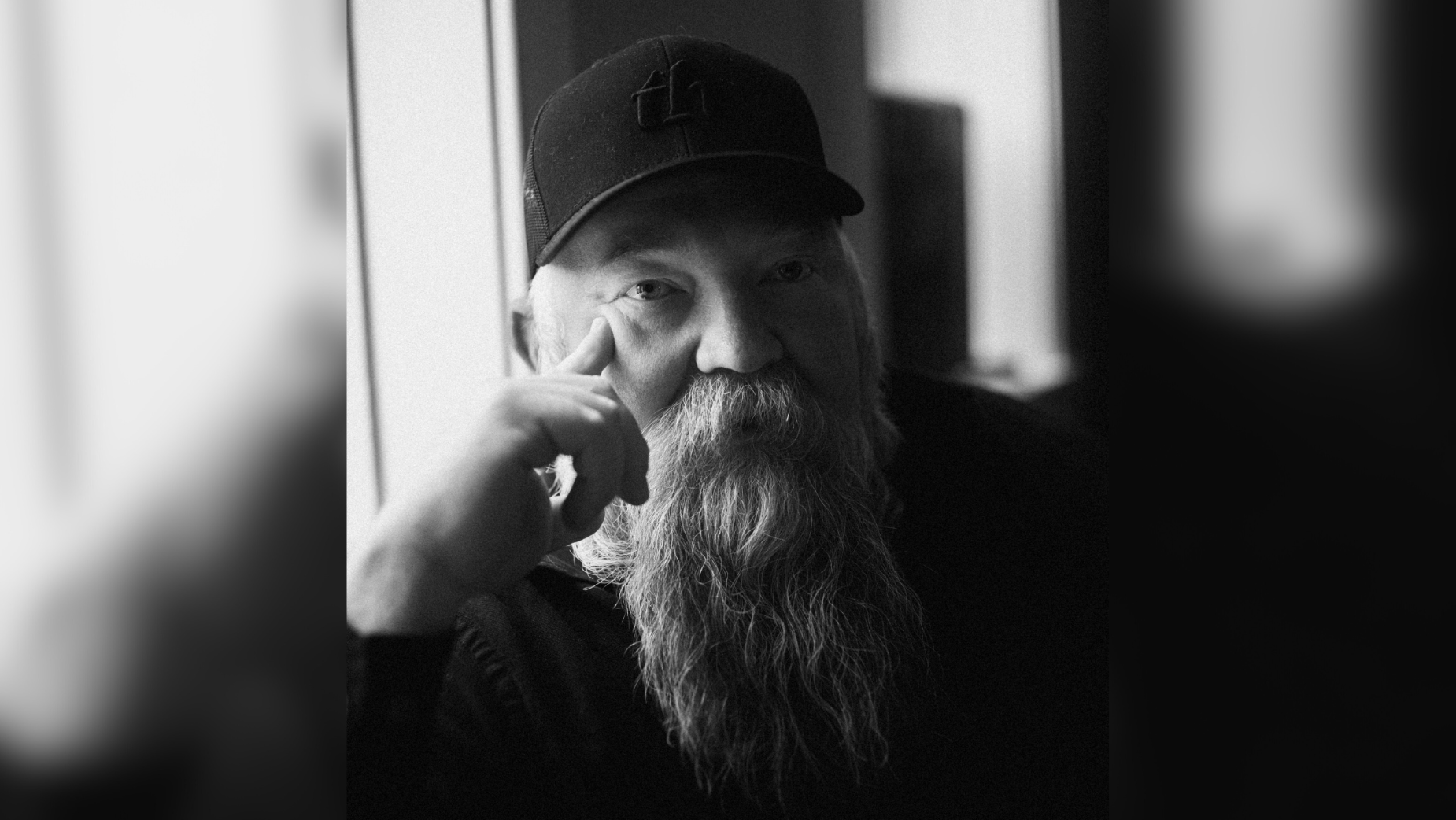
Producing Tomorrow's Producers: Expecting the Unexpected with Michael J. Hurst

Michael Hurst is a seasoned commercial producer from Saint Louis, Missouri, USA. He is the co-owner and EP/line producer of townsend hurst. With a career spanning two decades, he has received countless awards and accolades for his work. His extensive portfolio includes collaborations with renowned brands such as AT&T, Coca-Cola, Edward Jones, Leica, Moen, and Purina. Michael frequently travels as needed for his productions. He attended DePaul University in Chicago, IL.
LBB> What advice would you give to any aspiring producers or content creators hoping to make the jump into production?
Michael> Producing isn’t easy, so you must love what you do. If you’re starting, find a mentor. Look for someone you admire, and don’t hesitate to reach out. Offer to buy them a coffee and come prepared with an agenda—have your questions ready and keep it short, maybe 30 to 45 minutes. Be respectful of their time.
If you’re a content creator, then create. Set clear goals: one year, five years, 10 years—whatever works for you. If you want to make a Netflix series one day, ask yourself what steps you’re taking to move toward that. Many producers say they want to work on more significant projects with larger budgets but aren’t actively pursuing their goals. It won’t land in your lap—you’ve got to go after it.
And for anyone starting in production, remember to build relationships and stay persistent. Learn by doing, whether managing projects, assisting on set, or diving into the technical side. The more roles you experience, the better you understand how it all comes together.
LBB> What skills or emerging areas would you advise aspiring producers to learn about and educate themselves about?
Michael> You wear many hats as a producer. One moment, you’re the production manager or coordinator; the next, you’re the PA rolling up your sleeves. Multitasking, prioritising, leading, and delegating are all part of the job. And don’t forget to anticipate problems before they happen and be ready for the next scene or location—anticipation and proactiveness will save you every time.
Producing demands that you understand storytelling, master project management, and stay on top of digital tools. Networking is huge—it’s not just about getting jobs; it’s about understanding what audiences want. As new tech like virtual production and sustainability becomes more common, staying curious and open to learning keeps you ahead.
LBB> What was the biggest lesson you learned when you were starting out in production - and why has that stayed with you?
Michael> Producing is about handling challenges, and I’ve had my fair share. I’ve dealt with power outages, talent no-shows, a drone sinking into a lake—you name it. The key is staying calm and finding solutions.
One time, we were filming in a state park, and a park ranger tried to shut us down even though we had the proper permits. The client was nervous, but I stayed composed, showed the paperwork, and kept everything on track. That experience taught me always to have permits printed and ready to go, especially when working in remote locations without internet connectivity. Challenges like these are constant, but also where you grow the most.
To boil it down, the biggest lesson I’ve learned is always to expect the unexpected. It’s cliché but true.
LBB> When it comes to broadening access to production and improving diversity and inclusion what are your team doing to address this? And why is it an important issue for the production community to address?
Michael> Diversity and inclusion need to be more than buzzwords—they should be baked into every part of the production process. It starts with creating a culture that values different perspectives. For me, that means mentoring and supporting diverse talent and ensuring opportunities are accessible to everyone.
It’s also about hiring practices and being intentional in how you assemble your team. A more inclusive industry benefits everyone, and we, as producers, must ensure we’re fostering that environment.
LBB> There are young people getting into production who maybe don’t see the line between professional production and the creator economy, and that may well also be the shape of things to come. What are your thoughts about that? Is there a tension between more formalised production and the ‘creator economy’ or do the two feed into each other?
Michael> The creator economy has changed the game for producers. While the tools and approaches might differ, the fundamentals—storytelling, leadership, and creative vision—stay the same.
Now, the opportunity to work in hybrid models that blend traditional production with creator-driven content is exciting. Producers can innovate, collaborate with creators, and deliver content in ways that didn’t exist before. It’s a challenging but cool time to be in the field.
LBB> If you compare your role to the role of executive producers when you first joined the industry, what do you think are the most striking or interesting changes (and what surprising things have stayed the same?)
Michael> The production industry has evolved massively since I started. Streaming, AI, virtual production—these have all changed how we create and share content. But some things remain constant: strong leadership, a clear creative vision, and the ability to build relationships.
Looking ahead, I think we’ll see even more blending of traditional techniques with digital advancements. And as the industry grows, I’m hopeful we’ll see more diverse voices in the spotlight. It’s an exciting time to be a producer.
LBB> When it comes to educating producers how does your agency like to approach this? (I know we’re always hearing about how much easier it is to educate or train oneself on tech etc, but what areas do you think producers can benefit from more directed or structured training?)
Michael> Formal education and self-education play a role in shaping a successful producer. A degree gives you structure and a good project management and leadership foundation. But the truth is, nothing beats hands-on experience.
Working on sets, learning from mentors, and figuring things out as you go is where you develop as a producer. The industry is constantly changing, so the key is to keep learning through formal programs or diving into new technologies independently.
LBB> It seems that there’s an emphasis on speed and volume when it comes to content - but to where is the space for up-and-coming producers to learn about (and learn to appreciate) craft?
Michael> Fast, high-volume content is a reality now, but that doesn’t mean you can sacrifice quality. It comes down to organisation—having transparent processes and a strong team around you.
Great storytelling and attention to detail are non-negotiable. Even when timelines are tight, the work still needs to reflect the creative vision. That’s what sets good producers apart—delivering scalable content without losing the heart of the project.
LBB> On the other side of the equation, what’s the key to retaining expertise and helping people who have been working in production for decades to develop new skills?
Michael> Producers with decades of experience have so much value to offer, but the industry is changing fast. The key is creating a culture of lifelong learning—training in new tools, fostering collaboration between seasoned professionals and younger talent, and staying open to innovation.
Experience is invaluable, but pairing that with new skills—like virtual production or sustainability—ensures veterans can keep evolving with the industry while continuing to lead.
LBB> Clearly there is so much change, but what are the personality traits and skills that will always be in demand from producers?
Michael> No matter how much the industry evolves, some traits will always define great producers. Strong leadership, problem-solving, and creativity are at the core of what we do.
You need to be adaptable, resourceful, and a clear communicator. It’s about balancing creative vision with practical execution, building trust with your team and clients, and staying calm under pressure. At the end of the day, a great producer is someone who delivers results and brings out the best in everyone they work with.













